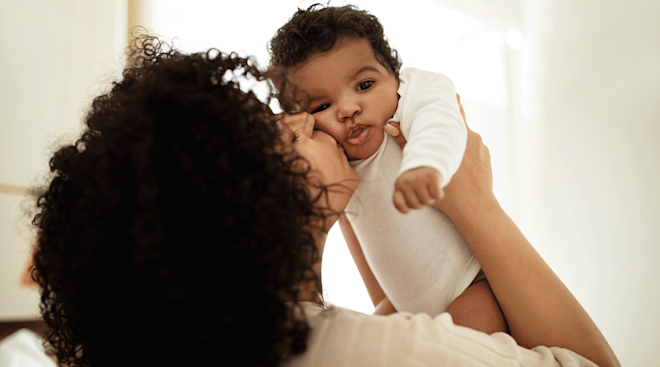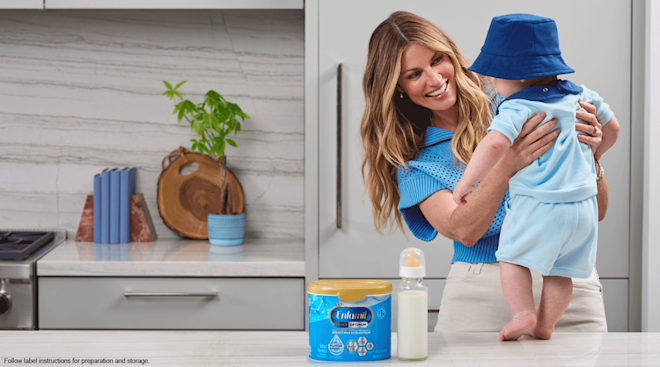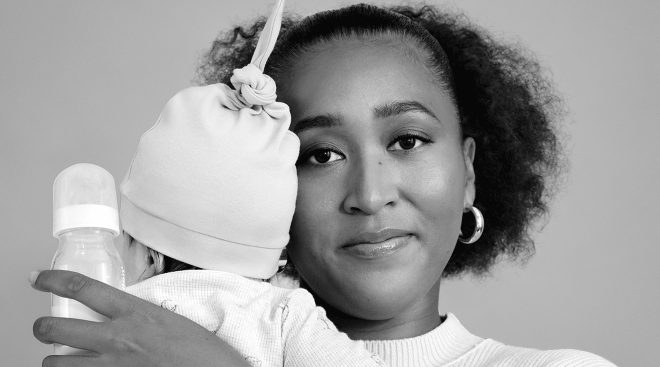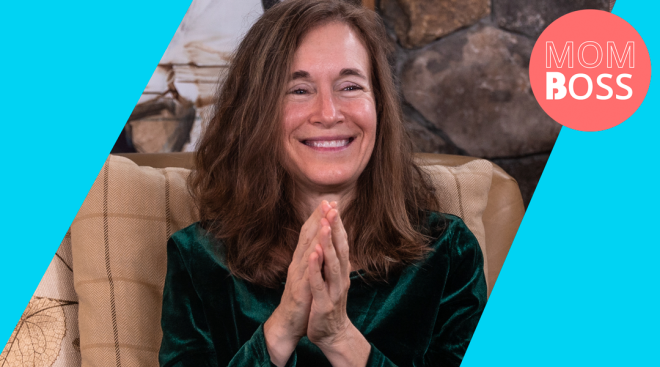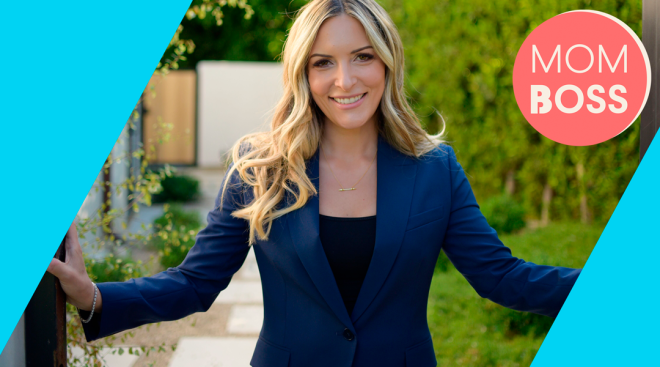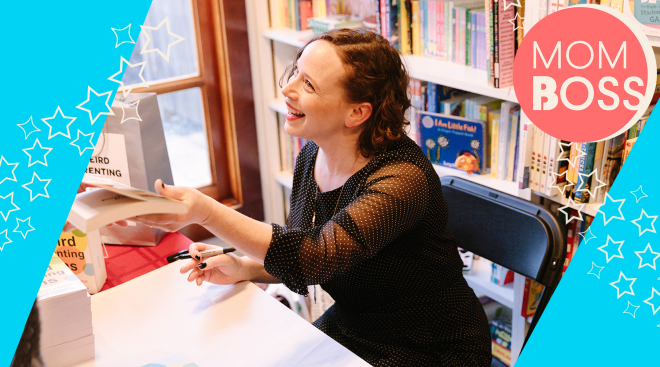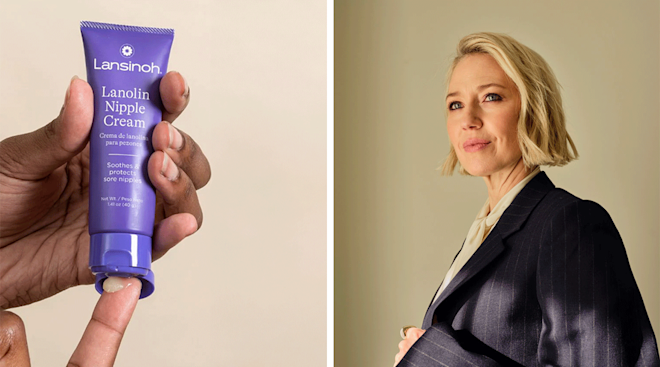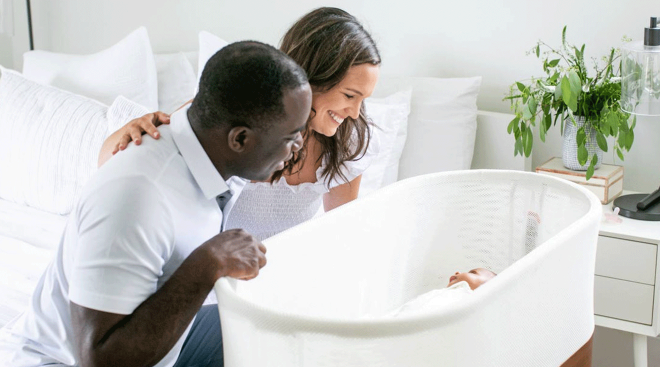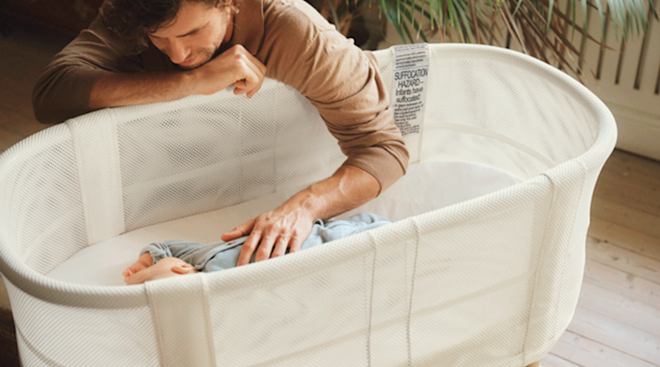How to Emotionally Prepare to Go Back to Work After Parental Leave
You knew having a baby would be a lot of work, and you assumed that juggling the role of caregiver with that of a devoted employee might be another challenge. But just as you didn’t know exactly how crazy your new-parent life would be, you may not have fully anticipated that going back to work would once again throw you for a major loop. But when that return-to-office date starts creeping up on your calendar, the mixed emotions (and stress!) will hit you at full force. And the truth is, missing baby while you’re on the job is just the tip of the iceberg. Below, an honest look at some of the biggest hurdles you’ll experience when it’s time to go back to work—and a few tips to help you cope with the big feels that follow.
For starters, you’ll need to figure out a return-to-work timeline that works for you and your employer. And guess what: These two things don’t always align.
The American Academy of Pediatrics (AAP) recommends that new parents get at least 12 weeks of paid parental leave. Unfortunately, that’s not a reality for most parents here in the US, which is one of just seven countries worldwide that doesn’t guarantee paid leave. (And, BTW, it’s practically unheard of for fathers.)
The average new mom takes 10 weeks of paid or unpaid leave, according to New America—and many take far less: A whopping one in four women return to work just two weeks after giving birth. (And, for the record, the average dad takes just one week of leave.)
Of course, some parents are able to take more than 10 weeks, contingent on factors like finances and their employers’ parental leave policy. Per the US Department of Labor, the Family and Medical Leave Act (FMLA) provides certain employees with up to 12 weeks of unpaid leave annually. That’s certainly better than nothing, but for many families, going that long without getting a paycheck just isn’t an option. Financial stress, coupled with the anxiety of leaving your little one, can make this process feel wholly unbearable.
One way to curb the crushing weight of your impending plan? Plot it out well in advance. Try to work out all aspects of your leave ahead of time—ideally before baby is born. Parental leave is full of nuance, so you’ll want to educate yourself on all the ins and outs. Figure out your financial situation and discuss all the implications with your partner, your manager and other key players.
Your childcare plan may have seemed great when you first mapped it out months ago. But even if you 100 percent trust in your chosen caregiver, they’re not you. And, suddenly, anything less feels totally inadequate.
Saying goodbye to baby during those early days will feel hard no matter what, and that’s normal. It’s okay to let yourself feel all the feels (crying sessions in the car after daycare drop-off included). But remind yourself that you’re going back to work for a very important reason: For starters, you’re helping to provide for your growing family. “Think about your baby living within the bigger system of your family,” suggests Bethany Cook, PsyD, a clinical psychologist and author of For What It’s Worth: A Perspective on How To Thrive and Survive Parenting Ages 0-2. “In order for the system to run smoothly and to offer your child opportunities in life, you have to work.” Moreover, you’re hopefully doing a job that you’re passionate about and one that stimulates your mind and gives you satisfaction and purpose.
Still, it probably won’t be smooth sailing at first. Easing into your new schedule can help streamline this transition. If you can, book some half days when you first go back, suggests Ontario-based nurse-psychotherapist Tori Hamilton, RN, IBCLC, PMH-C, a nurse, lactation consultant and perinatal health counselor. After spending 24/7 with baby for weeks or months, knowing you’ll be away for just a few hours will feel a lot easier than leaving for the entire day straight off the bat.
Do you have the soul-crushing sense that you’re a horrible parent because you’re actually looking forward to spending time with other adults and using your work brain? This is totally normal and not something to feel bad about, so try to reframe your narrative. “If going to work empowers you, that’s also good for your family system. A woman going to work and doing what makes her feel good will benefit everybody,” Cook says.
Also keep in mind that, for many moms, there’s a definite quality-over-quantity element to spending time with baby. “You might have more energy to be the best mom you can be when you’re not with the baby 24/7,” says Cheryl Reeley, LCSW, MS, PMH-C, a social worker and postpartum therapist in Austin, Texas. Make the moments you do have together really count. Consider creating a daily ritual where you’re totally focused on interacting with your little one, Hamilton suggests. Intentionally avoid looking at your phone during that first morning feeding and soak up some sweet snuggles. You’ll enjoy your precious time together, and you’ll be more set up to have a productive, guilt-free day.
If you’re sending baby to daycare, packing up the necessary baby gear, schlepping it home, cleaning it and repacking it all for the next morning can get old fast—to the point where just looking at those dirty bottles makes you exhausted or straight up resentful. To ease the burden, alternate days with your partner, or hand off the packing and prepping duties altogether—whichever feels more equitable based on your situation. “Give yourself permission to delegate,” suggests Reeley.
Fun fact: Baby brain is real, and it’s completely normal to not feel as sharp on the job as you did before becoming a mom. In addition to the whole sleep deprivation thing, research shows that your brain is actually rewiring itself for the job of being a parent. “Your executive functioning and memory temporarily take a hit while you’re learning to read baby’s cues and achieve a deeper connection,” Cook explains.
There’s no way to avoid this cerebral reprogramming. But simply being aware of it might be enough to allow yourself a little more grace when you forget to put a meeting on your calendar or when you have to spend twice as long reviewing a spreadsheet. “You’re recognizing that this isn’t just an emotional thing. It’s a physiological thing that every woman goes through. That allows for understanding and can take away some of the pressure,” says Cook.
Babies can eat away at your working hours even when they aren’t with you. You might get to the office 15 minutes late because your little one had a blowout right when you were heading out the door. You could have to stop work to pump two or three (or four) times a day. Maybe you need to leave at 5 p.m. on the dot every day to relieve the babysitter. You might compulsively check your personal email for daycare photo updates. You get the picture.
And if you’re working from home, there’s the temptation to check in on baby—or maybe you need to get them down for a nap or swap out with your partner who’s also trying to juggle work and parenting. Suffice it to say, there will always be a push and pull. And you might find yourself carving out more work time by plugging away after baby goes to bed for the night. Of course, that can also be a recipe for exhaustion and burnout. Instead, try to adjust your expectations of what’s actually doable in the time you do have, Reeley recommends. If tackling a routine project now takes you a day or two longer than it did pre-baby, accept that and work it into your schedule. “When your goals are more attainable, you won’t feel like you’re failing all of the time,” she says.
Pumping can be physically and emotionally exhausting—no way around it. And if you find yourself expressing milk in a veritable closet multiple times a day like so many new moms do, the experience may be especially triggering. But if you’ve decided you’re going to give pumping at work a go, you’ll make the challenging feat more bearable by reminding yourself of a few simple truths. For starters, you’ve got rights. Federal law requires that employers give you breaks to pump in a private space (and not a bathroom!), for at least one year after baby’s birth. So if you’re stressed about being away from your desk for 20 minutes every few hours, know that you’re protected, and—for the record—you’re doing nothing wrong.
It’ll also help to make sure you have your ducks in a row and your supplies ready at hand. Find a refrigerator at work that you can use to store pumped milk; if that’s not an option, get yourself an insulated cooler bag with ice packs. Don’t have a sink for washing pump parts? Bring some cleaning wipes with you to use in between sessions. These simple steps will help streamline the pumping process and lighten your mental load.
Finally, try to make the most of your pumping time. Feel free to use these solo sessions to regroup and refocus. "Give yourself permission to do something you wouldn’t be able to do if you were with baby,” Cook suggests. Mindlessly scroll through Instagram, read a book or close your eyes and listen to a podcast. You’ll come out of the 15- to 20-minute process feeling relaxed and recharged. Of course, you can also take your laptop with you and try to bang out some work. Do whatever works for you and your unique situation—no guilt necessary!
At some point, your little one is going to get a cold or a fever. This is especially problematic when they’re in daycare, and the unpredictability of the situation can be very stressful. The solution? Have a trusted backup caregiver (or two) that can come over when you and your partner aren’t able to stay home yourselves. Just knowing you have someone else on call can ease that panicky feeling that strikes when baby gets that glassy-eyed look that tells you tomorrow is going to be a doozy.
And if you find yourself stress-spiraling because you don’t know how you’re going to get everything done, try a deep breathing exercise: “Close your eyes and picture a square. Inhale for four seconds, hold for four, exhale for four and hold for four, and repeat five times,” Reeley says. “It allows your body to regulate so you can function without being frustrated and have those emotions rise to the top.”
Deciding to go back to work after having a baby is a big and important decision—and there are major emotional implications. Stress is par for the course, and you can’t completely eradicate it. That said, you can and should show yourself kindness in those early days, weeks and even months. The juggle is real, and your feelings are valid. Just remember: You’re doing what you have to do to succeed in your role at work and your role at home. It won’t be easy, but in time, you’ll figure it all out. You’ve got this.
About the experts:
Bethany Cook, PsyD, is a clinical psychologist and author of For What It’s Worth: A Perspective on How To Thrive and Survive Parenting Ages 0-2. She earned her doctorate in psychology from the Illinois School of Professional Psychology. She is also a board-certified music therapist.
Tori Hamilton, RN, IBCLC, PMH-C, is a nurse, lactation consultant and perinatal health counselor based in Ontario, Canada.
Cheryl Reeley, LCSW, MS, PMH-C, is a licensed clinical social worker and postpartum therapist based in Austin, Texas.
Plus, more from The Bump:
Navigate forward to interact with the calendar and select a date. Press the question mark key to get the keyboard shortcuts for changing dates.

































